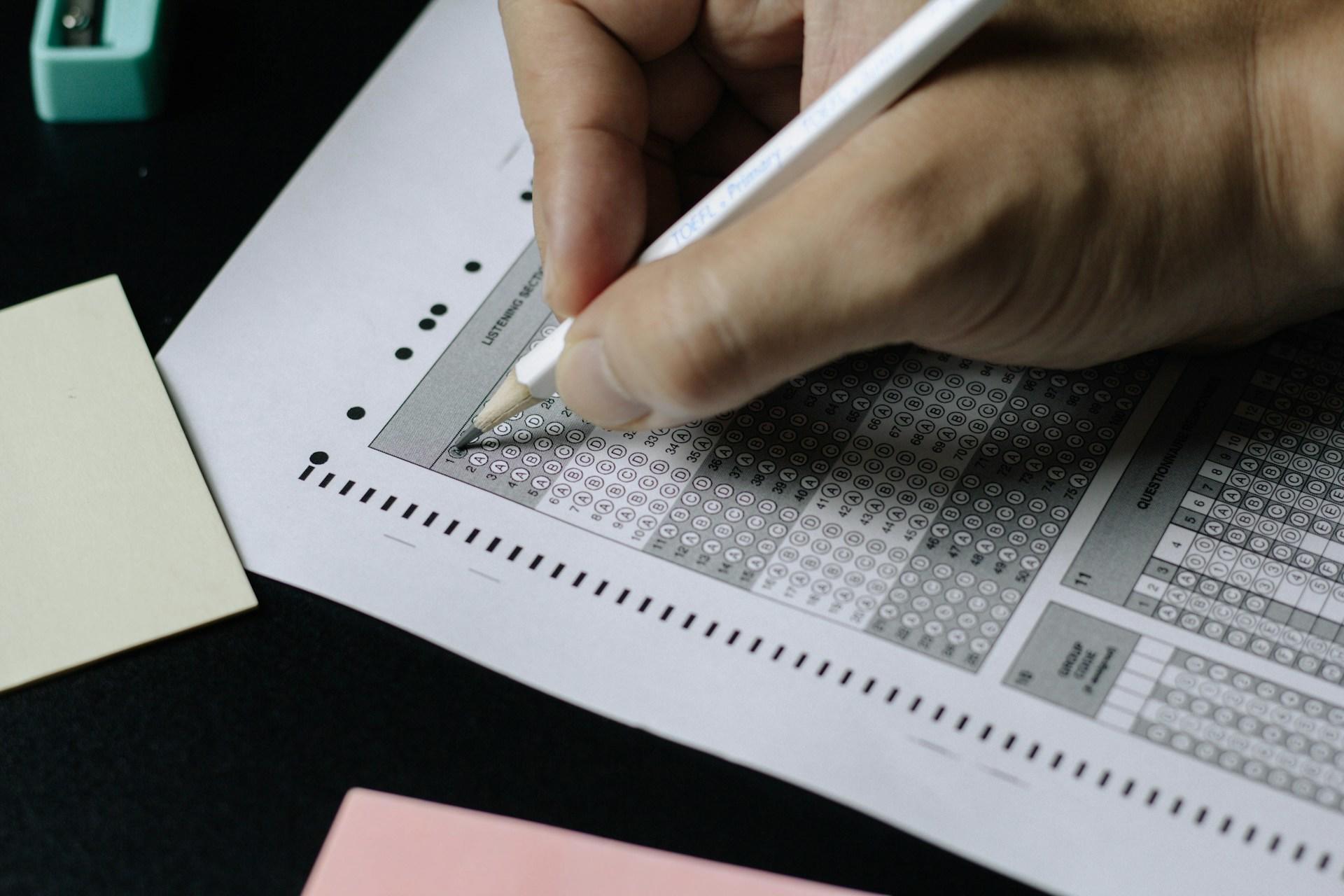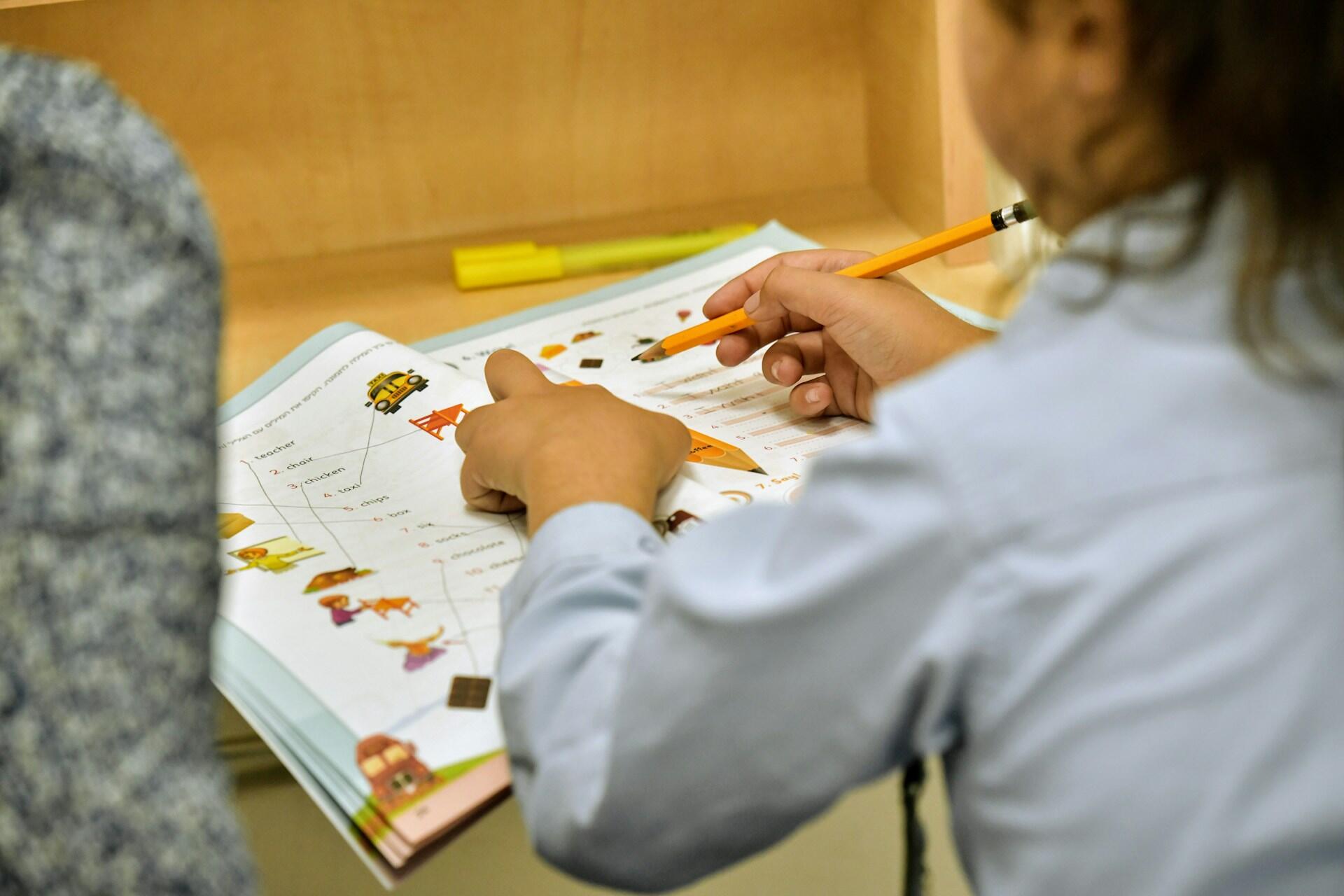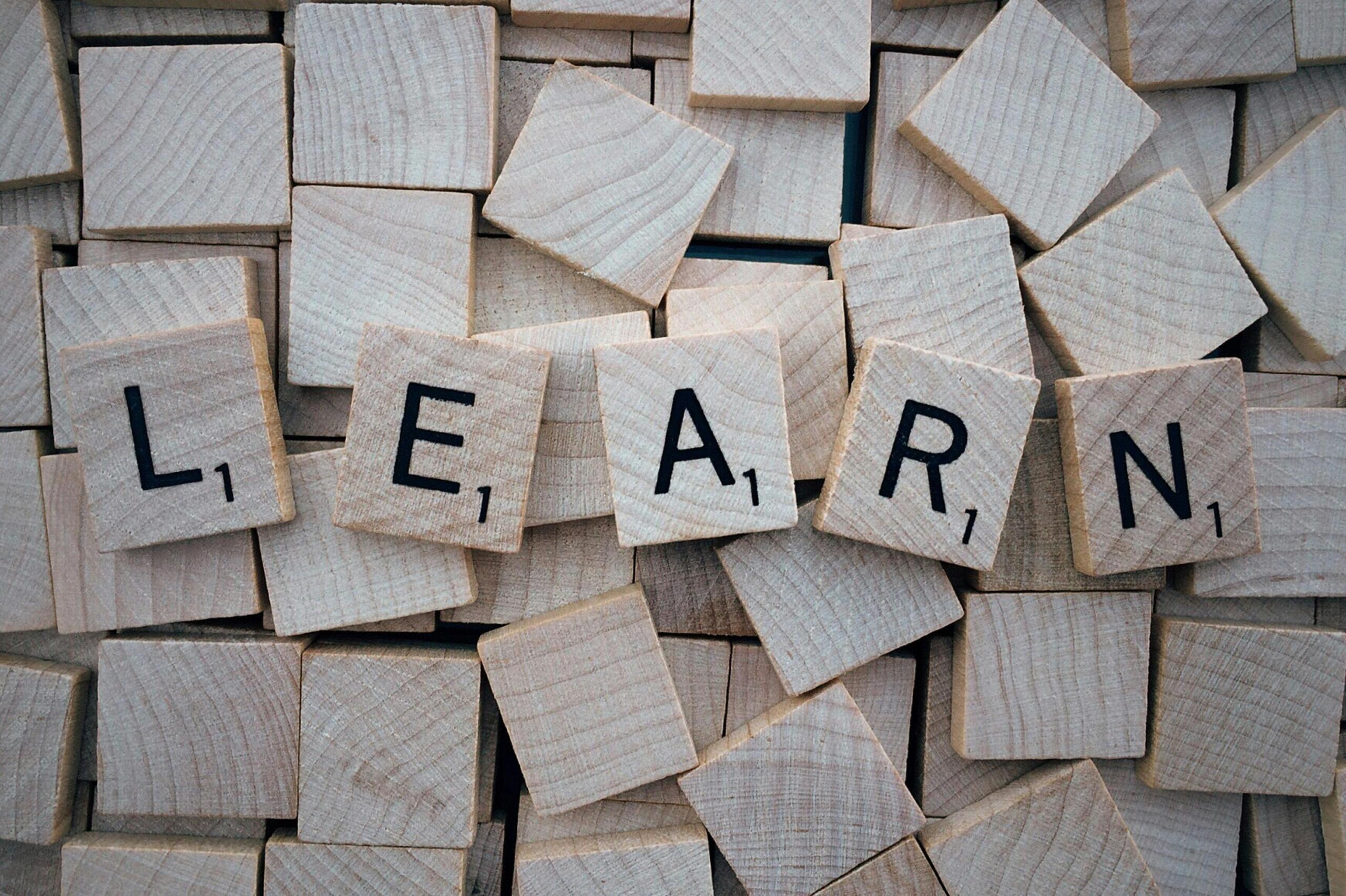"Examinations are formidable even to the best prepared, for the greatest fool may ask more than the wisest man can answer."
- Charles Caleb Colton
In almost every college class, there'll be a test or exam that you'll have to take and pass. To graduate, you'll likely have to pass many different tests and exams.
So how can you ensure that you get the best possible results when it comes to a test? Additionally, how can you study effectively and get the grades that you deserve?
The expression "By failing to prepare, you are preparing to fail" comes to mind. Read on to discover the most effective ways to study for exams and tests.

Key Review Techniques for College Exams
Start by reviewing what's on your upcoming exams. The quickest way to fail a test or exam is by being unfamiliar with the content. It's not a lot of fun looking over what's going to be on your test, but this is the first step.
Every good professor will have made it clear what's on each test and even focused their classes around them. After all, while it'd be nice for professors to teach the most fascinating aspects of their subjects, they're sometimes bound to get results, which will lead them to teach students how to pass an exam or test rather than the subject itself.
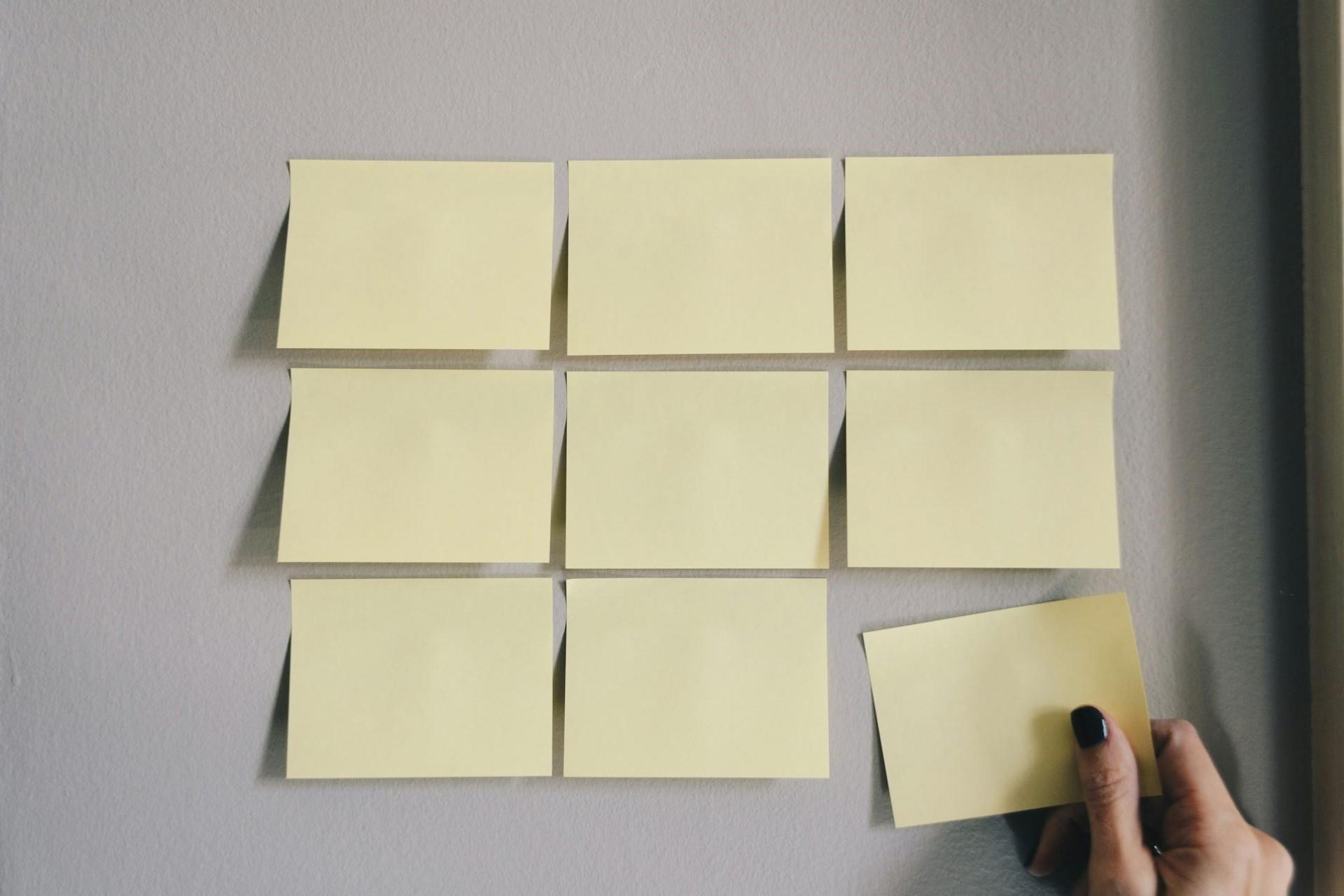
Provided you have a clear idea of what's going to be on the test or exam, here are some quick and easy ways to review:
- Quiz Yourself: Check that you know the answers to the kinds of questions that'll be on your tests. A simple question-and-answer quiz about a certain subject, topic, or class is a quick and easy way to work out what you know.
- Create Visual Aids: Many learners benefit from visual aids and they can help you to remember key concepts with graphs, diagrams, and even pictures.
- Use Flashcards: Flashcards are awesome for studying as they can combine the two previous tips. You can quiz yourself using your flashcards while also making them memorable visual aids. Rather than buying or printing flashcards, we recommend making your own as this can aid memory, especially on key topics.
Create a Study Schedule
While the three tips mentioned previously are a good starting point, studying for tests and exams is all about preparation. There are lots of useful ways to study and you'll want to make sure you're studying as effectively as possible.
This is easier said than done, though, and like cleaning a messy room, it can be difficult knowing where and how you should start.
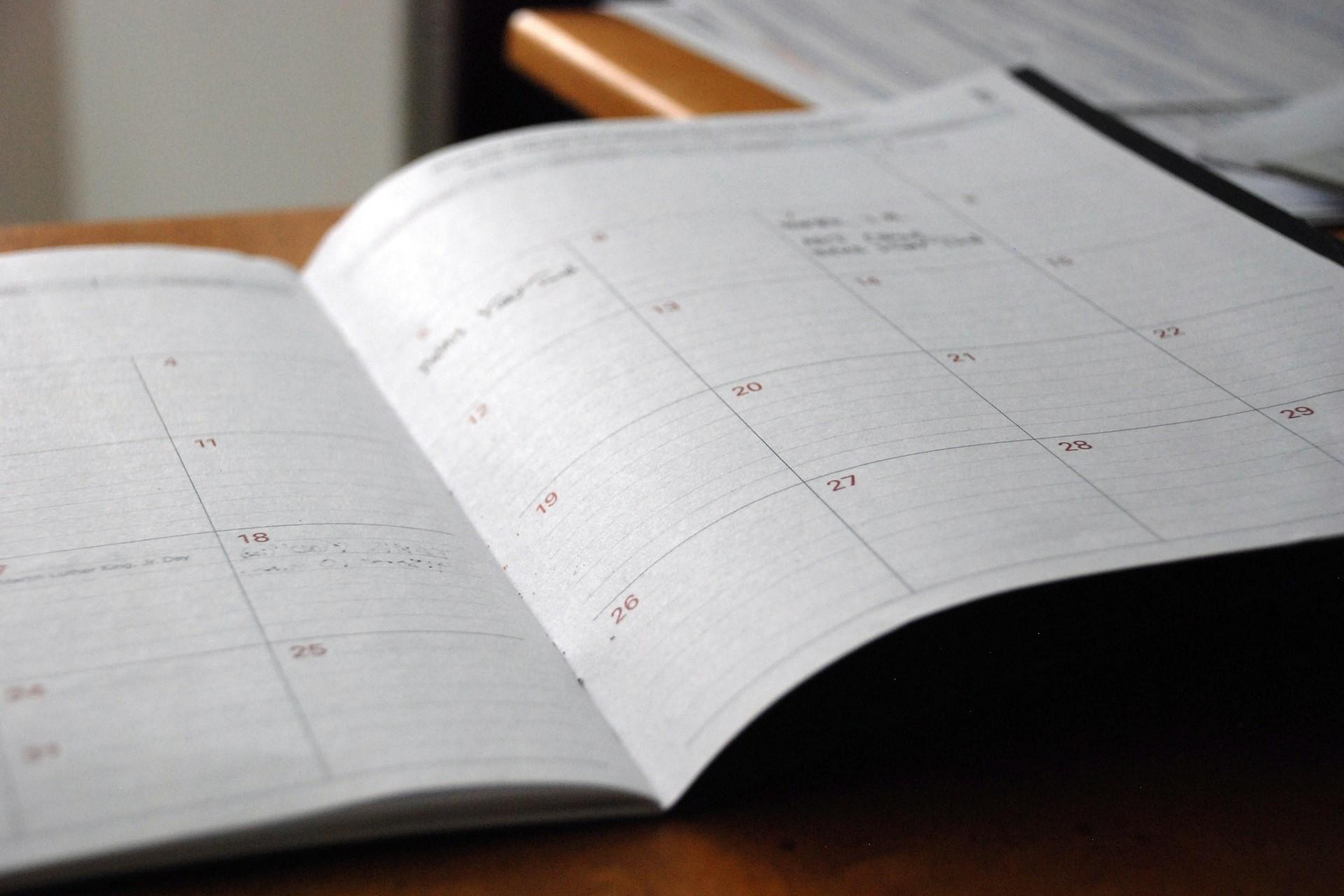
Before you do any studying or reviewing, create a schedule. Don't spend too long on this as it can be very easy to trick yourself into thinking that you're studying by doing lots of related tasks but not studying.
Look at your schedule, your free time, and the best way to fit short and regular study sessions into each week.
During these sessions, you'll review the information from the class, rewrite your class notes if necessary, and practice using sample tests and exams if you have them.
When it comes to your study schedule, it's all about time management and ensuring that you're getting the most out of the time you spend studying. A good study schedule will ensure that every study session is as effective as it can be.
The Pomodoro Technique means working for 25 minutes and taking a 5-minute break.
This can split up longer study sessions to ensure you remain fresh and alert!
Before you put together your study schedule, work out your goals, what you need to study for the exam (the topics, etc.), and prioritize. Focus on your worst areas first as these are often the areas where you can make the biggest gains.
It can feel good to review a topic that you're familiar with, but the gains are often minimal and if there's an entire section of the test you're getting wrong, it makes sense to start with that.

Improve Your Memory During Study Sessions
Do you feel like you spend a lot of time studying but never remember anything that you studied? It can be quite easy to make excuses, say that you're forgetful, or simply accept that you're not good at a particular class.
However, you might find that it's simply a matter of using the wrong study approaches and with the right techniques, you'll improve your memory.
That isn't to say there aren't reasons for forgetfulness. After all, college students have a lot on their plates and this mental overload, including distractions and negativity towards one's own ability in a particular subject, won't help.
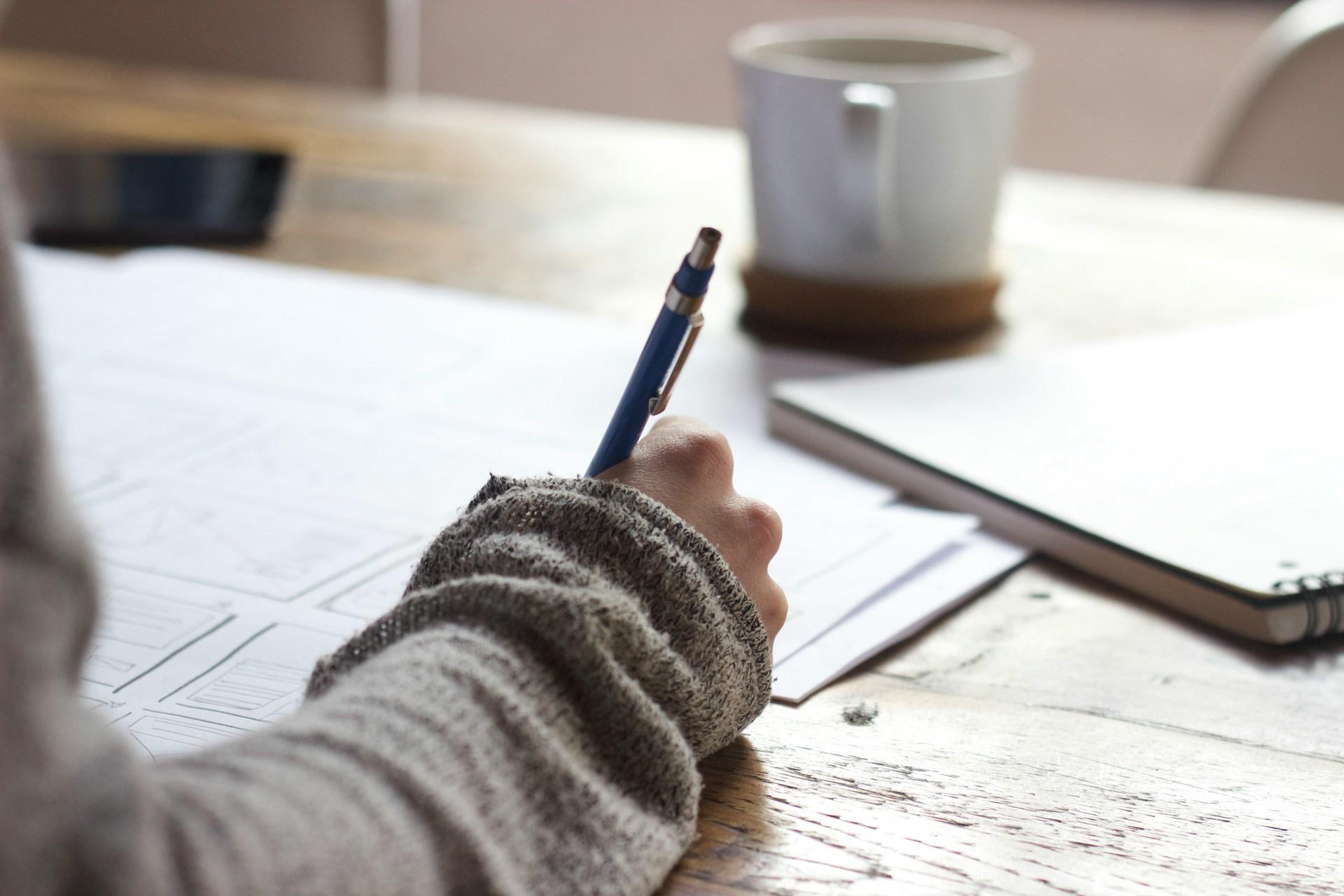
With so many different tips and tricks to aid memory, here are just a few of our favorites.
- Talk About It: While it'll hardly make you a master conversationalist, you may want to talk about what you've been studying. Not only does this prove that you've remembered it, but if gives you an extra opportunity to think about what you need to remember. Explaining concepts shows that you intimately understand them and being able to explain things to people of different levels is a great exercise in testing your own knowledge.
- Annotate and Illustrate: This goes hand-in-hand with our earlier tip on creating visual aids. The action of creating said visual aids also will help your memory because you'll remember the concepts themselves as well as the time you spent making your visual aids. Even on your notes, you can annotate and illustrate to provide further visual aids.
- Use the Loci Method: The Loci method is a popular memorization technique where people visualize the things they need to remember in a physical space that they're intimately familiar with such as their home. This is excellent for visual learners.
How to Deal with Exam Anxiety and Stress
With tests and exams, students who do well in class can still struggle simply because of stress or anxiety. We're not saying that you can make exams completely stress-free, but some useful techniques to reduce exam stress can help.
So how can you reduce your stress for an upcoming exam or test?
Firstly, plan, study, and prepare. Feeling like you don't know anything is the easiest way to stress out about an exam. If you've studied, tested yourself, and even done practice exams and tests, you can at least go into the exam with confidence knowing that you're familiar with the content that you'll be tested on.
If you've done several practice tests specifically for that subject in the same format, you'll also be familiar with the kinds of questions you'll be asked. This will also help you to maximize your performance in the test by focusing on the questions that will result in the best results.
Here's a fascinating video on how our bodies react to exam stress.
Remember that studying little and often is far more effective (and better for your mental well-being) than long study sessions. Sleeping well, eating right, and regularly exercising will also help with all of this.
It can also help to make your study area as stress-free as possible. Find a calm and quiet area to study in. The less stressful your study sessions are, the less stressful you'll find the exam through association.
If you're still struggling with exam stress and anxiety, then you may also want to talk to a professional such as a professor or even a counselor. You won't be the first person on campus to stress about exams and you won't be the last. Most colleges also have people who can help as it's in their interest that their students do as well as possible on their exams.
Prepare for Exams with a Private Tutor
If you're still struggling to prepare for exams or at a loss for effective study techniques, why not hire a professional to help you?

A private tutor focusing on study techniques, tests, and exams can significantly help you prepare for exam season. They can even help with time management, review materials with you, and test your knowledge.
Beyond simply studying, they can also act as a learning coach, helping you focus, manage stress and anxiety, and even sleep better. Think of them as a coach for passing tests and exams.
You can also find private tutors to help you prep for specific subjects, too. If a certain class is causing you some trouble, then you might want to take some extra time to work with a tutor on that particular area.
On the Superprof website, you can find tutors for almost every skill and subject you can think of. You can also find tutors all over the US and around the world.
While face-to-face tutoring arguably offers the best kind of tutoring, online tutoring is also very effective for academic subjects and often cheaper since the tutor doesn't have to travel to their students.
If you're putting together a study group, you and your classmates could opt for group tutoring. This doesn't offer some of the advantages that one-on-one tutoring does, but with everybody splitting the cost of the tutor's time and expertise, it is a very affordable option, especially for college students.
So start preparing for your exams and find your ideal private tutor today!
Summarize with AI:

